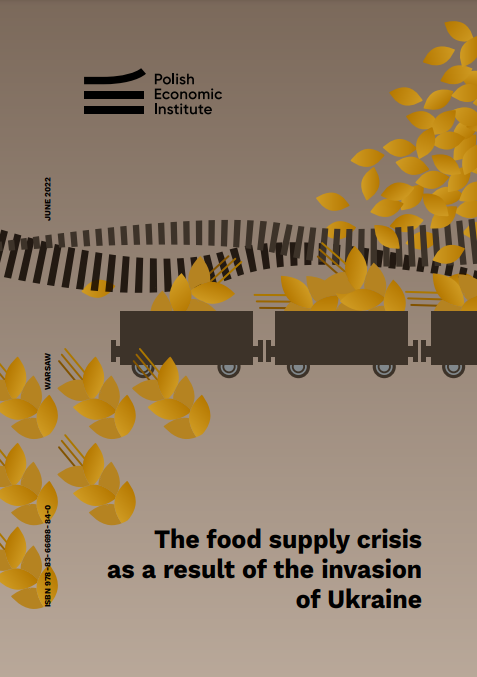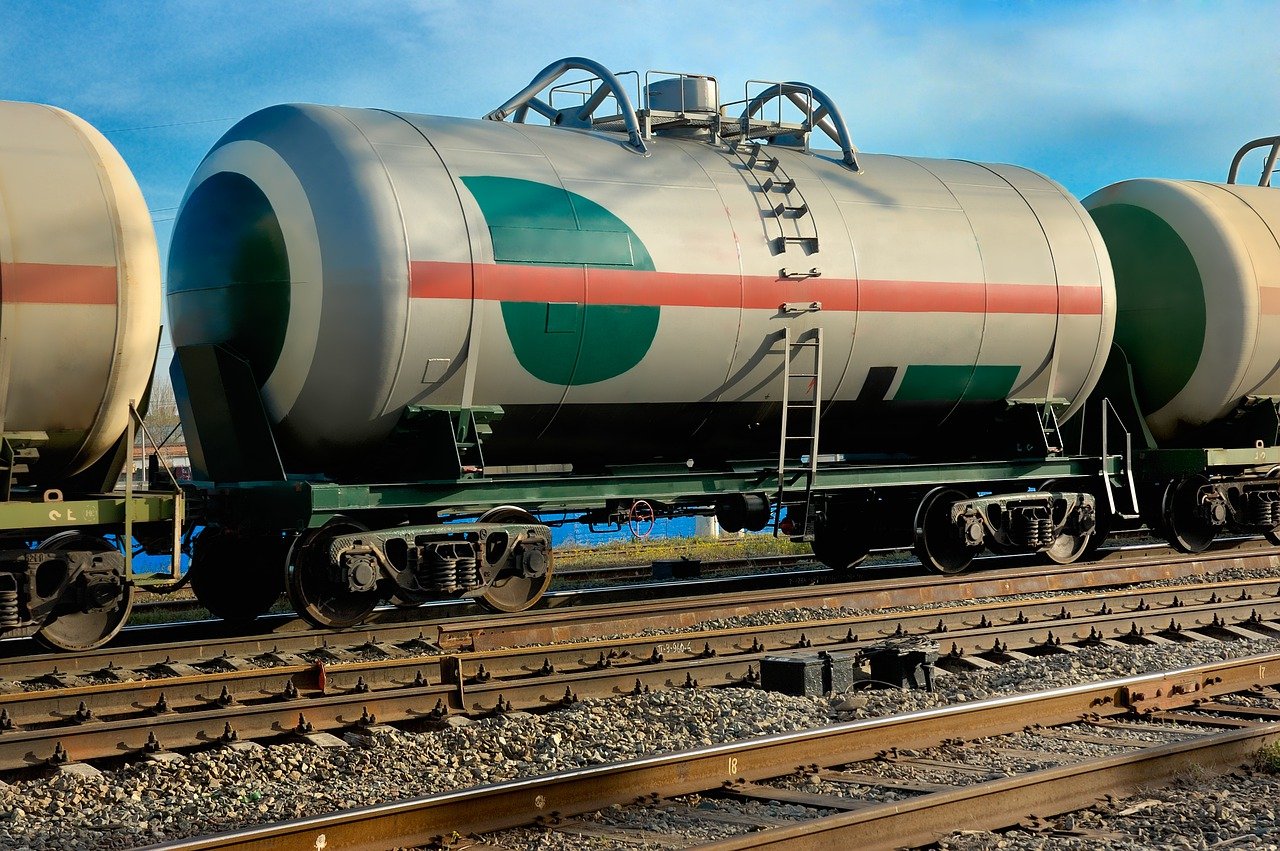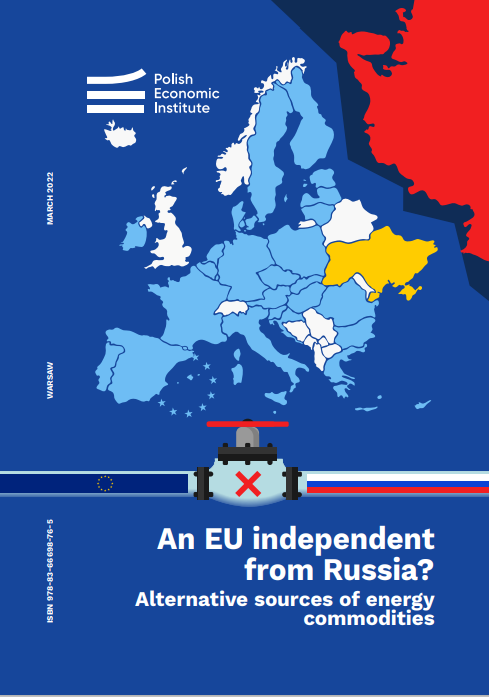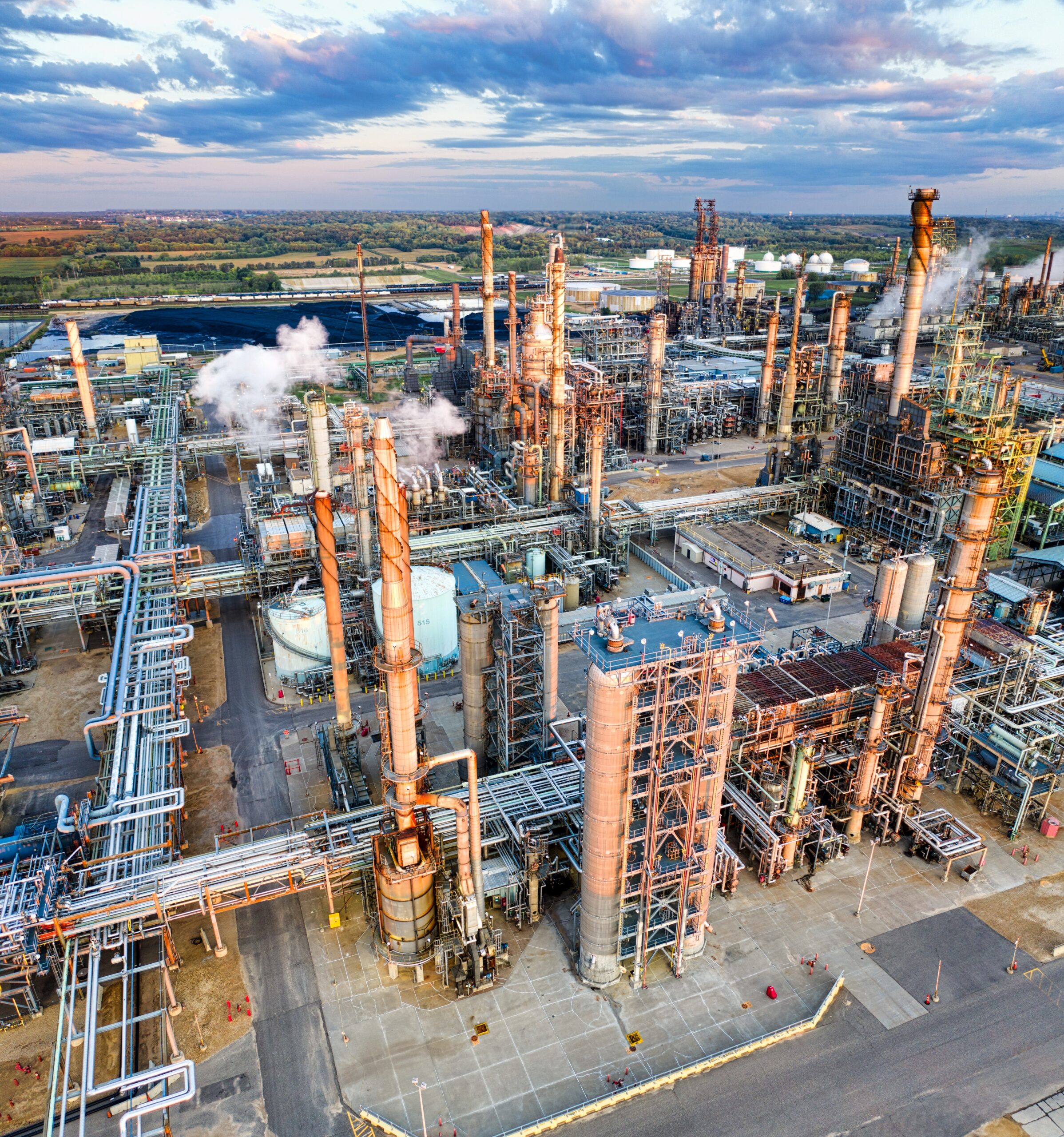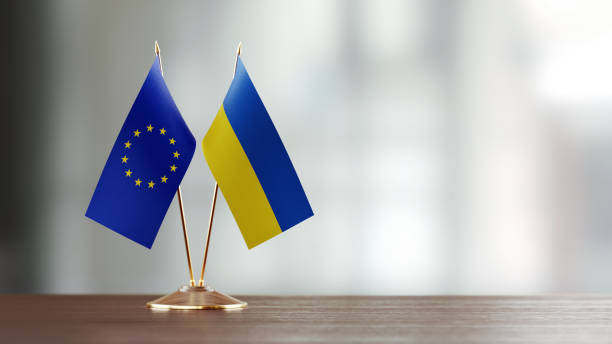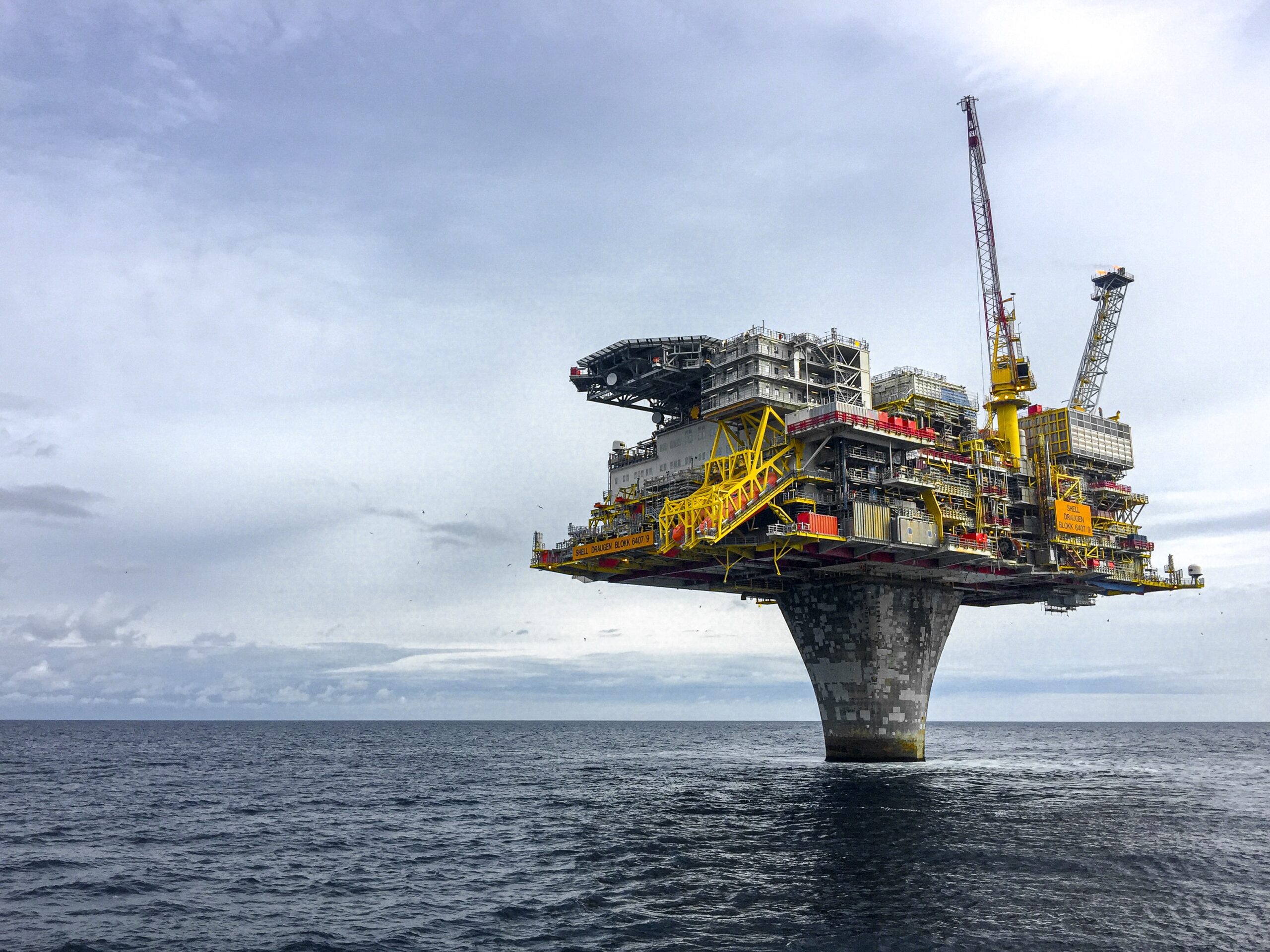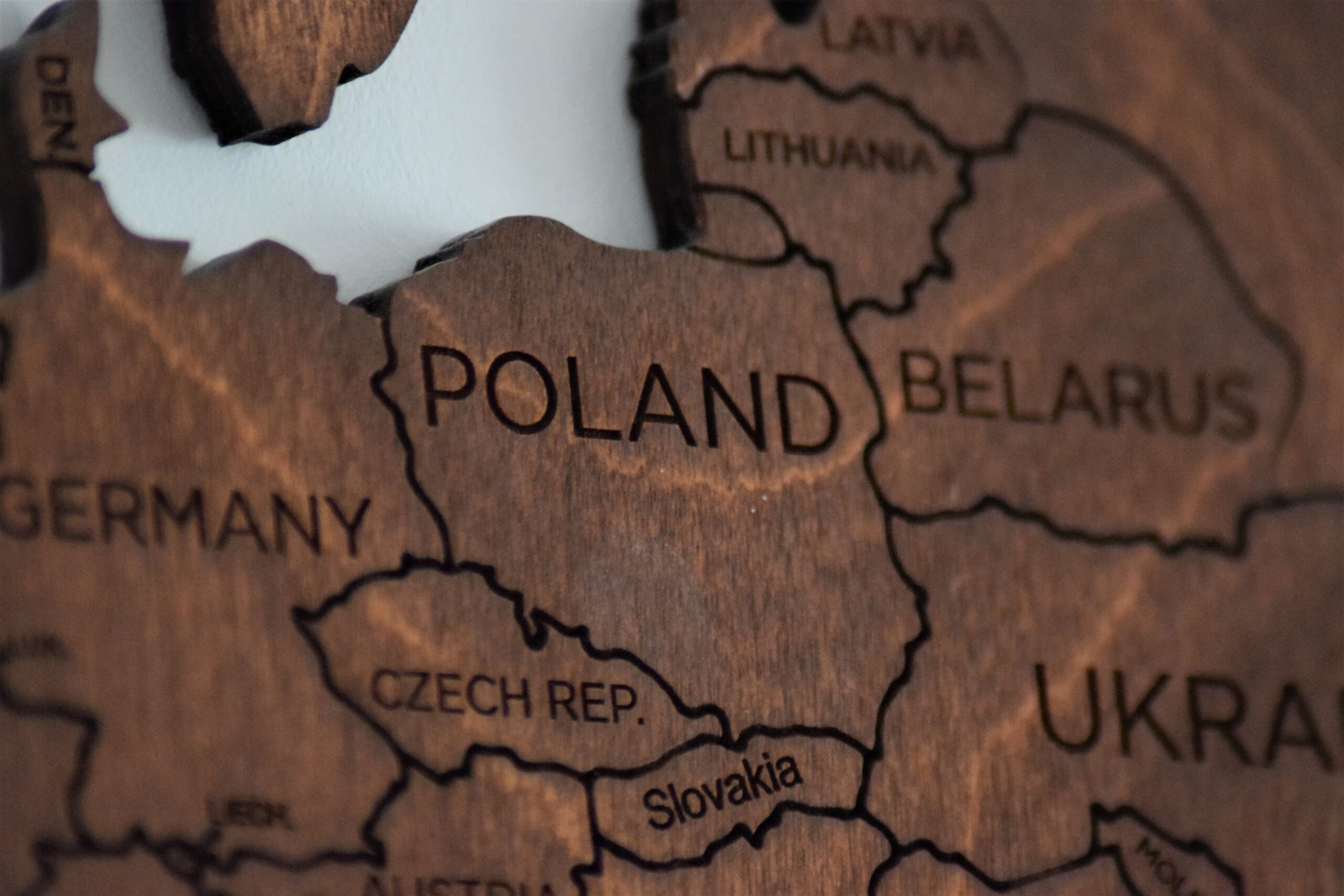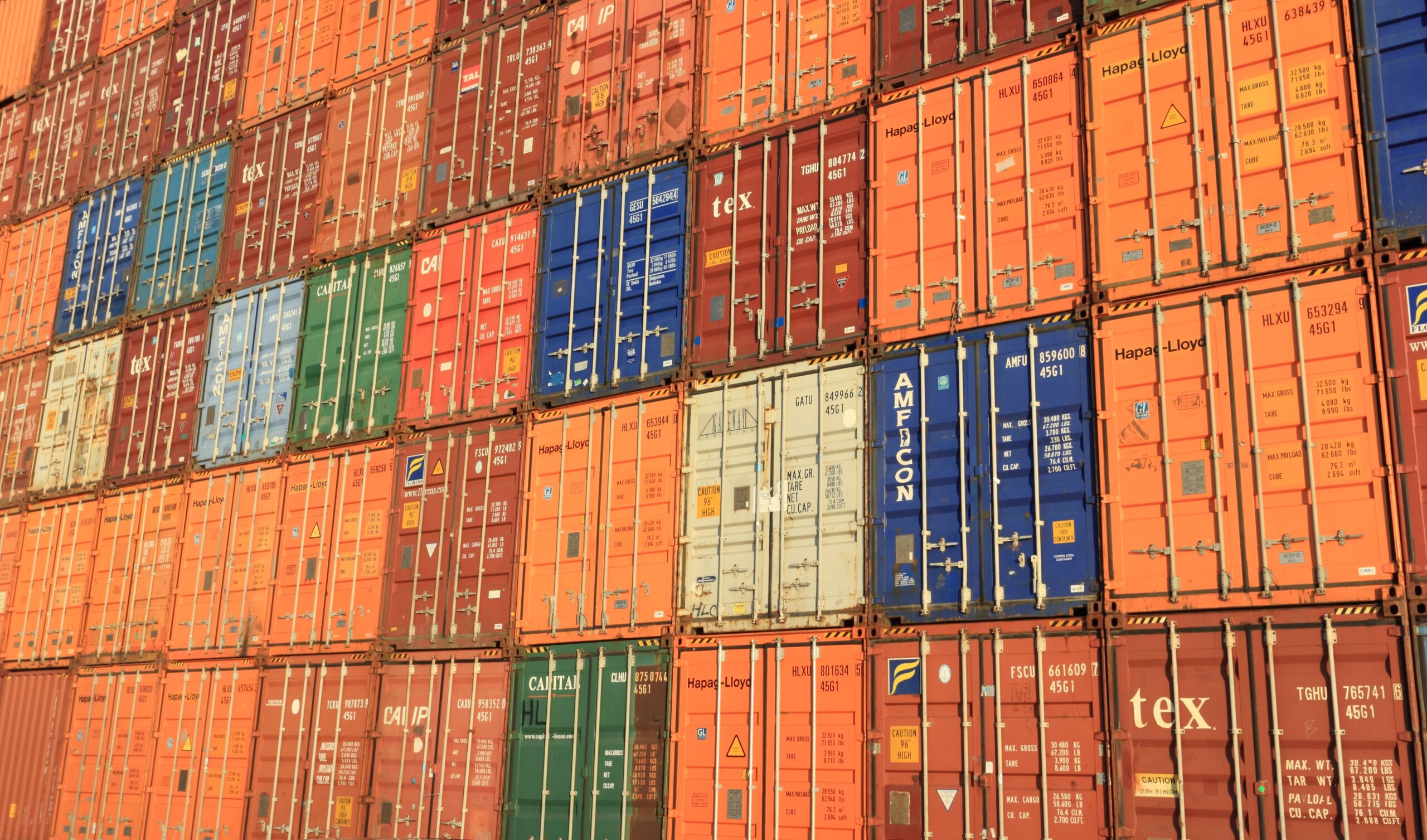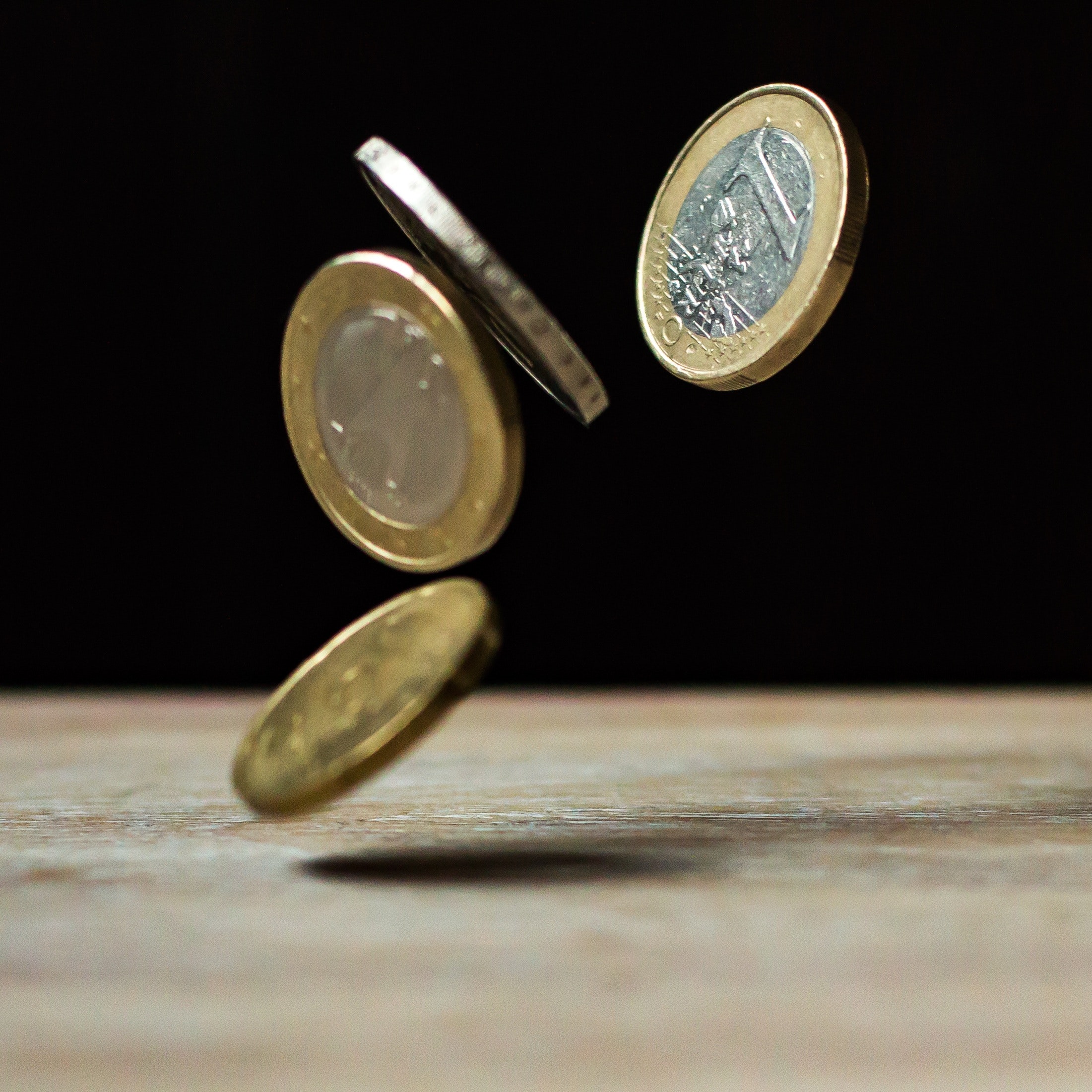The sensitivity index (SI) created by the Polish Economic Institute shows that the following countries’ food security is the most threatened as a result of Russia’s invasion of Ukraine: Benin (SI = 97.6), North Korea (SI = 97.3), Sudan (SI = 92.5), Nicaragua (SI = 90.8) and the Democratic Republic of Congo (SI = 89.8), followed by Armenia, Egypt, Lebanon, Georgia, and Rwanda.
While the European Union strives to reach a consensus on banning gas from Russia, Putin is restricting supplies to a growing list of countries. Gas storage facilities in EU countries are currently 53% full, on average, and reaching the level of 80% expected in November will be difficult. Current storage level is 15% of annual consumption.
The EU is largely dependent on energy commodities imported from Russia. 25% of the crude oil, 45% of the natural gas and 44% of the hard coal imported by the EU come from Russia. Yet as the Polish Economic Institute’s report entitled “An EU independent from Russia? Alternative sources of energy commodities” shows, the EU’s dependence on energy commodities can be reduced significantly. The EU could reduce gas imports from Russia by as much as 91% as already in 2022, the PEI’s analysis shows.
According to the plan announced by the Polish government on March 30, Poland will completely stop importing Russian coal in May, and oil and gas from Russia by the end of 2022. A Polish embargo on fossil fuels from Russia could cost the Russian budget several – or even over a dozen – billion dollars per year. An EU embargo on oil, gas and coal could have an even bigger impact. In 2021, EU imports of these commodities accounted for over 20% of the Russian budget, according to the Polish Economic Institute’s estimates.
Once the fighting ends, Ukraine will need support from the global community to rebuild its economy. International organisations such as the World Bank, the Organisation for Economic Co-operation and Development (OECD) and the International Monetary Fund (IMF) should get involved in the assistance. These organisation support countries hit by armed conflict – in recent years, they have provided Iraq and Mali with post-war assistance.
Vladimir Putin’s attack on Ukraine needs to be stopped. It is a threat to the global order and to Western civilization, which Ukraine wants to belong to. We are therefore calling for further sanctions on Russia to restrain Moscow without resorting to military means.
On March 8, the US and Britain introduced a ban on purchasing oil from Russia. This will reduce Russia’s annual budget by USD 5.1 billion. The European Commission’s plans, announced the same day, to reduce deliveries of Russian gas by two-thirds by the end of this year will cost Russia an additional USD 2.4 billion, the Polish Economic Institute Estimates. This is an important first step, but halting Russian oil deliveries to the EU would be a much bigger blow for Moscow. The impact on the Russian budget would be seven times higher than the international measures announced on Tuesday.
Russia exported over USD 100 billion worth of oil in 2021. The profits of selling oil to EU countries alone make up around 10% of Russia’s central budget. In January 2022, the higher prices on global markets mean that revenue from oil sales increase by over 90% compared to the monthly average the previous year. Russia uses some of the money from oil exports to finance investments in the territories it has been occupying since 2008 and 2014. Reducing this source of financing seems essential to halting further Russian expansion, the Polish Economic Institute’s analysts emphasize. In 2019-2020, Russian oil accounts for 25% of deliveries to the EU. Replacing it with oil from countries including Norway, the UK, the United States, Iran and Kazakhstan could make the EU independent from deliveries from Russia.
Despite the invasion, Gazprom has increased gas transit to the EU, which may indicate a desire to maintain existing business relations with member states. During the first five days following the invasion, the transit of Russian gas through Ukraine more than doubled (from around 55 million m3/d to 117 million m3/d). The use of the Yamal gas pipeline has increased, too. On average, it transported 4.2 million m3/d more of Russian gas to Poland than in February (an increase of 52%, to 13% of the pipeline's transmission capacity). Of this, approximately 2.4 million m3/d was sent to Germany (3% of the Mallnow interconnection point’s capacity). In total, the transit of Russian gas to the EU increased by more than 20% during this period (from 529 million m3/d to 640 million m3/d).
The Western sanctions will lead to a drop of around 15-20% in Russia’s GDP in 2022, the Polish Economic Institute’s economists forecast. As a result, Russia will not only be poorer than all the EU countries, but also poorer than certain countries in South America, such as Uruguay. Even before it invaded Ukraine, Russia had not been a rich country in relative terms: its GDP was just 51% of Germany’s, between Chile and Greece. Moscow stood out from the rest of the country – and will continue to do so. Earlier, its wealth was comparable to that of the Czech Republic; after the sanctions, it will be at the level of Latvia.
Everything suggests that EU leaders will decide to expel Russia from the SWIFT system. However, this will not bring long-term results; it will merely disrupt the banking system’s operation for a few days. Only freezing Russian oligarchs’ assets and banning transactions in euros for Russian banks will have an impact on the Russian economy. These steps should cover Belarus, too.
Sanctions imposed since the Russian invasion will not disrupt the Russian economy. For example, the sanctions imposed on the financial sector will exclude payments for energy materials. The Polish Economic Institute estimates that the impact of those sanctions could be limited to just 0.7% or so of Russian GDP. No firm decision has been made on expelling Russia from the SWIFT system, although it could happen in the coming days. In 2018, Iran’s exclusion from the SWIFT system blocked one-third of Iranian exports. Sanctions on energy sector would be the most painful, as 36% of Russia’s budget revenue comes from oil and gas exports.


